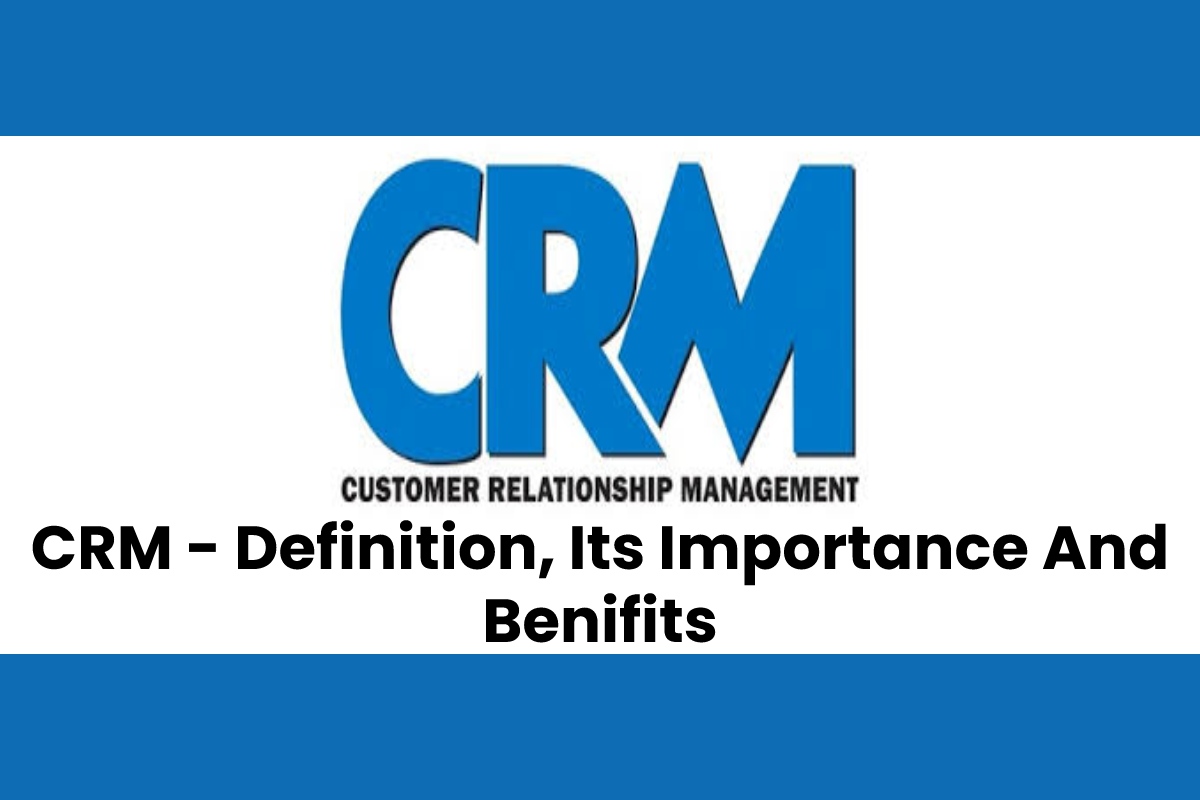CRM: Definition and Concepts
We already know that CRM is the acronym used for “Customer Relationship Management.” The definition of CRM goes further: it is a 360º management of sales, marketing, customer service, and all points of contact.
We are in the era of the customer, of digital transformation, of new technologies. In that scenario, the relationship also evolves, leading to a new concept known as customer experience. The CRM concept means being customer-focused. It is a strategy. It is a process, it is a tool and technology.
CRM platforms are on the list of the most important and innovative corporate technologies available to companies. Why? Because of how they use customer information to manage accounts, leads, and sales opportunities in a single location.
What does CRM do?
The CRM stores information on current and potential clients – name, address, telephone, etc. -, and their activities and points of contact with the company, including visits to sites, telephone calls, emails, among other interactions.
Meanwhile, the platform is not just an elaborate contact list – it gathers and integrates valuable data to prepare and update your teams with personal customer information, history, and purchasing preferences.
- Actively track and manage customer information.
- Connect all your equipment on any device.
- Smartly capture customer emails.
- Simplify repetitive tasks so you can make lead accompaniment more effective.
- Provides instant recommendations and insights.
- Expand and customize as your business grows.
Why CRM is Important, and what are its Benefits?
A CRM helps your business dispense with outdated processes and manual effort so your business can move forward. The platform organizes the accounts and contacts easily, in real-time, speeding up and simplifying the sales process.
Rather than get disturb in yellow sticky note reminders or spreadsheets, you pass leads to your sales team quickly and easily. Regardless of where they are and what they’re doing, every team member is always working with up-to-date information about customers and their interactions with the company.
With a CRM platform:
- Find more leads, close more business, keep more customers, and start expanding your company with a 37% increase in sales revenue.
- Their conversations are always personal, relevant, and up-to-date, generating a 45% increase in customer satisfaction.
- Salesforce customers report a 43% better marketing ROI * with the use of CRM.

